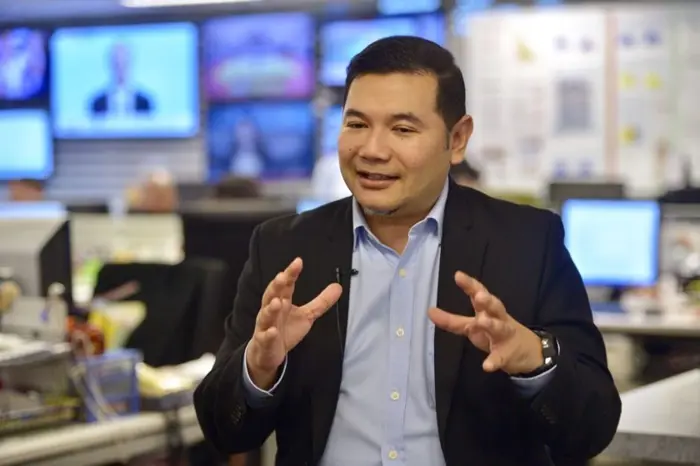PADU costs RM85 million, underutilized for fuel subsidies
 @The Star
@The Star
The PADU system, designed to facilitate the targeted distribution of fuel subsidies in Malaysia, has garnered significant attention due to its hefty development cost. According to Rafizi Ramli, the development cost for PADU has exceeded RM85 million. This raises pertinent questions about its usage, efficiency, and why it isn’t fully deployed for its intended purpose of managing targeted fuel subsidies.
PADU, which stands for the Platform for Automatic Distribution and Utilisation, is a sophisticated system aimed at ensuring that fuel subsidies reach their intended recipients. The platform leverages advanced technology to identify eligible beneficiaries and distribute subsidies in a controlled and transparent manner. The primary objective is to reduce leakage and ensure subsidies are used efficiently, benefiting those who genuinely need them.
The revelation by Rafizi Ramli that PADU's development cost has exceeded RM85 million has sparked debates and discussions across various sectors. The substantial investment was justified by the promise of a robust system capable of revolutionising subsidy distribution. However, the question arises: why isn’t it fully operational for the purpose it was designed for?
Several factors contribute to the underutilisation of the PADU system for targeted fuel subsidies:
Technical Issues: Developing a system as complex as PADU involves numerous technical challenges. Ensuring the platform is secure, user-friendly, and free of bugs is a time-consuming process.
Data Accuracy: For PADU to function effectively, it relies heavily on accurate data regarding the eligibility of recipients. Gathering and verifying this data can be a daunting task, especially in a diverse country like Malaysia.
Administrative Hurdles: Bureaucratic processes and administrative delays can slow down the implementation of new systems. Ensuring all stakeholders are on board and trained to use the system efficiently is crucial for its success.
Public Trust and Awareness: Gaining public trust in a new system is essential. If the public is not adequately informed or does not trust the system, its adoption will be slow, rendering the significant investment less effective.
To maximise the potential of PADU and justify the RM85 million investment, several steps need to be taken:
Enhanced Communication: The government must improve communication with the public regarding the benefits and functionality of PADU. Clear information campaigns can help build trust and encourage adoption.
Continuous Improvement: Addressing technical issues and continuously improving the system based on feedback will ensure it meets the needs of the users and functions as intended.
Streamlined Processes: Reducing bureaucratic red tape and ensuring efficient administrative processes will help in the faster implementation of PADU.
Regular Monitoring and Evaluation: Regular assessments of PADU’s performance can help identify areas for improvement and ensure that it remains aligned with its objectives.
The RM85 million investment in PADU reflects Malaysia's commitment to modernising its subsidy distribution system. However, for PADU to achieve its full potential, it is essential to overcome the current challenges and ensure its effective use for targeted fuel subsidies. By addressing technical, administrative, and public trust issues, PADU can become a cornerstone in Malaysia’s efforts to ensure subsidies are efficiently and transparently distributed to those who need them most.
I want to find the highest selling price for my car within 24 hours!
Download the Motorist App now. Designed by drivers for drivers, this all-in-one app lets you receive the latest traffic updates, gives you access to live traffic cameras, and helps you manage vehicle related matters.

